Alright – so today we’ve got the honor of introducing you to Jacob Miguel. We think you’ll enjoy our conversation, we’ve shared it below.
Jacob, appreciate you joining us today. It’s always helpful to hear about times when someone’s had to take a risk – how did they think through the decision, why did they take the risk, and what ended up happening. We’d love to hear about a risk you’ve taken.
Taking a risk isn’t just a phrase—it’s something I’ve lived. I poured over $60,000 of my own money into self-funding a documentary that I believed needed to be made. No investors, no guarantees, just a vision and the drive to see it through. Every dollar was a decision: to keep going, to bet on myself, to trust that the story I was telling would matter to someone out there. There were countless moments of doubt, but I knew that if I didn’t take the leap, no one else would do it for me.
The payoff? Financially, nothing—yet. But the film is finally finished, and it has been picked up for Distribution by Brink Media – www.brink.com – it’s being released on Amazon Prime and a range of other streaming platforms starting July 15th. That release date is more than just a premiere—it’s a symbol of grit, belief, and the long road of independent filmmaking. It’s proof that sometimes, the only way forward is to believe in your work so fiercely that you’re willing to fund it yourself, even when the outcome is uncertain.
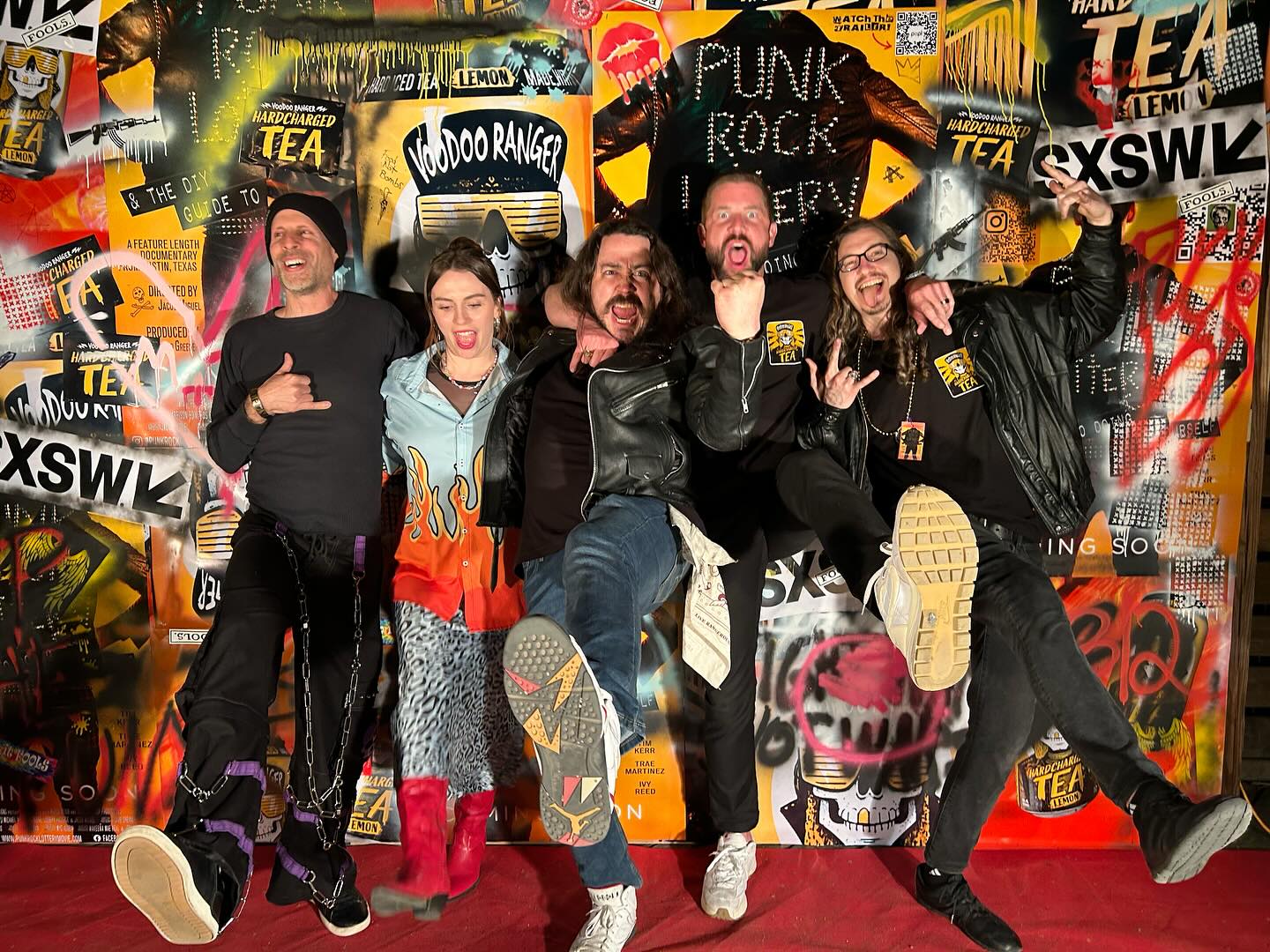
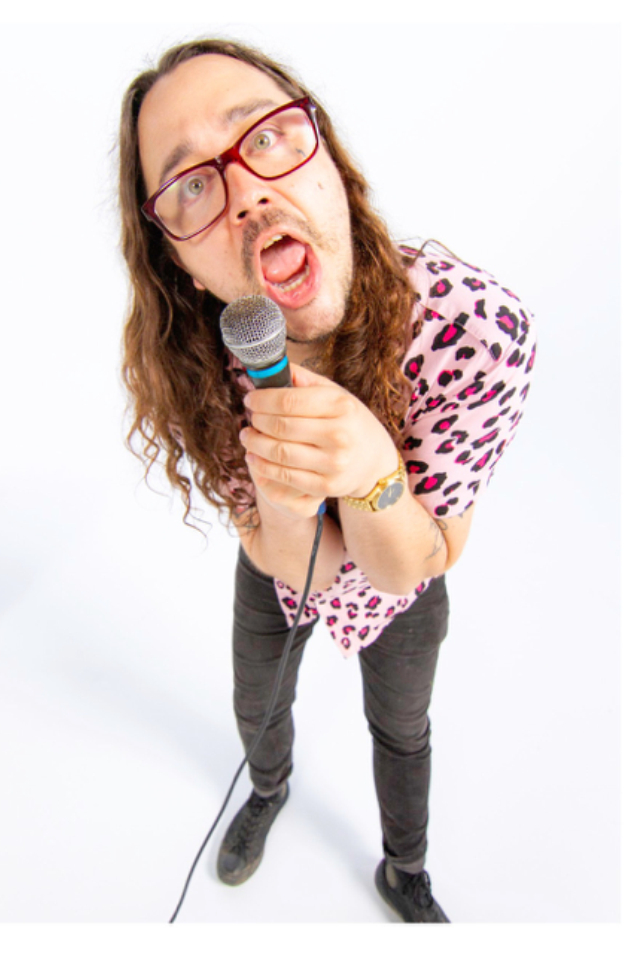
Jacob, before we move on to more of these sorts of questions, can you take some time to bring our readers up to speed on you and what you do?
My name is Jacob Miguel, and I’m a filmmaker working at the crossroads of music and cinema. With over 15 years in the industry, my work is driven by a lifelong passion for storytelling—especially when it challenges norms, captures culture, and digs into the emotional grit of human experience. I come from a strong musical background, and that rhythm, intuition, and improvisational energy naturally influence my filmmaking process. Whether I’m behind the camera or in the editing room, I approach every project like a composition—something alive and expressive.
From an early age, I was drawn to the visual arts, eventually immersing myself in experimental filmmaking and documentary history and theory. That academic foundation gave me the tools to think critically about the stories we tell and the ways we tell them—but it’s my obsession with authenticity, absurdity, and poetic license that truly defines my style. I’m particularly inspired by auteur directors who take risks, break the mold, and tell stories in ways that feel fresh and emotionally honest.
My work primarily focuses on documentaries and creative short films, with a strong emphasis on cultural movements, nostalgia, and alternative perspectives. I offer full-scope filmmaking services, but ultimately, I’m a storyteller dedicated to capturing the rawness and richness of real experiences. What sets me apart is my willingness to embrace limitations—budget, format, or otherwise—and turn them into creative advantages. I have a deep appreciation for analog textures and lo-fi aesthetics, using them to enhance the emotional impact and authenticity of the stories I tell.
Right now, I’m most proud of my upcoming documentary, a deep dive into the punk rock subculture. It’s a self-funded project—I invested over $60,000 of my own money to get it made—and after years of work, it’s finally being released on Amazon Prime and several other streaming platforms on July 15th. It’s gritty, heartfelt, and unapologetically honest, shining a light on the punk spirit through a new lens.
To anyone discovering my work for the first time: I’m not here to tell the same stories you’ve already heard. I want to explore the margins, amplify the overlooked, and create films that make people feel something—whether it’s curiosity, nostalgia, defiance, or connection. That’s the heart of what I do, and everything I create stems from that vision.
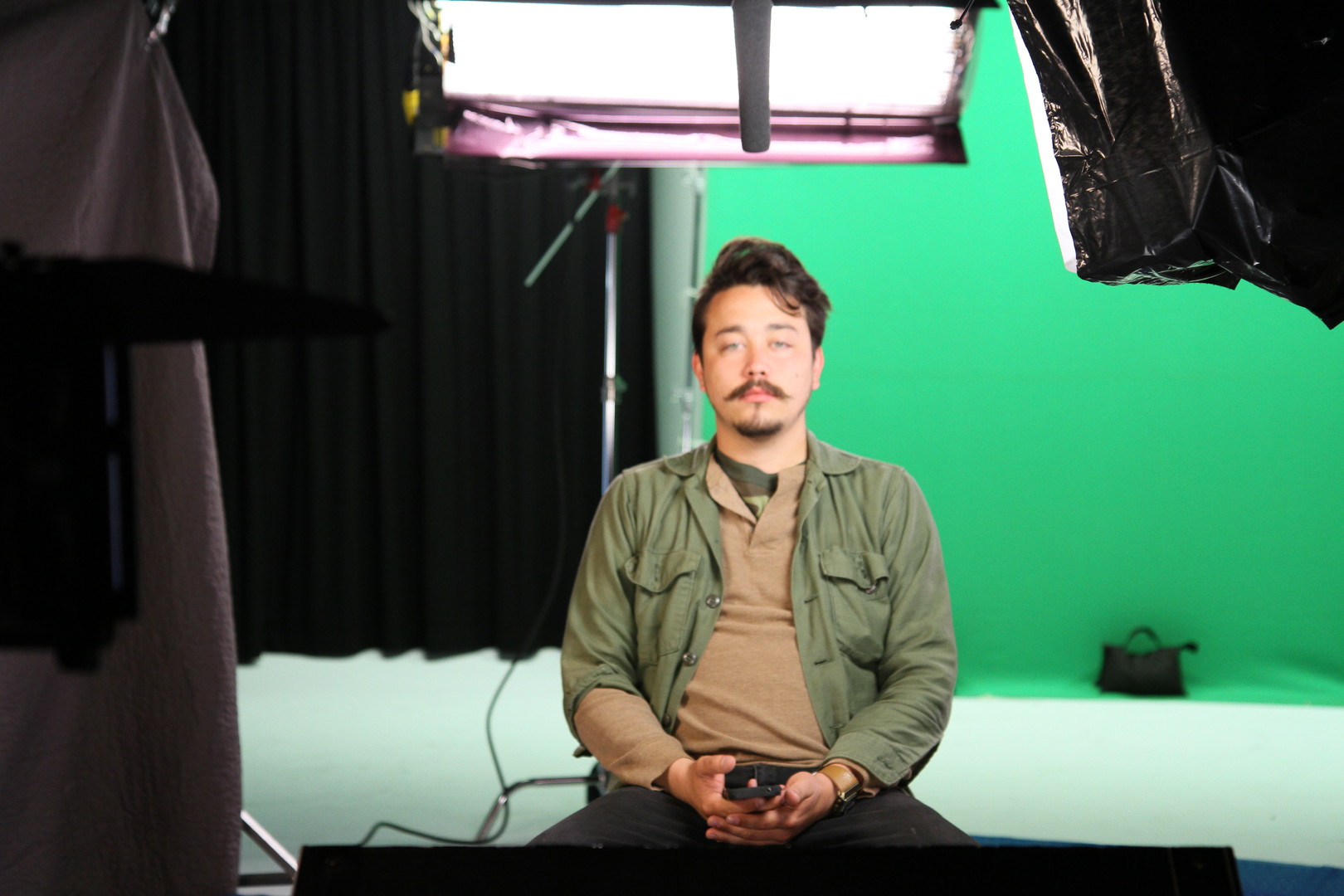
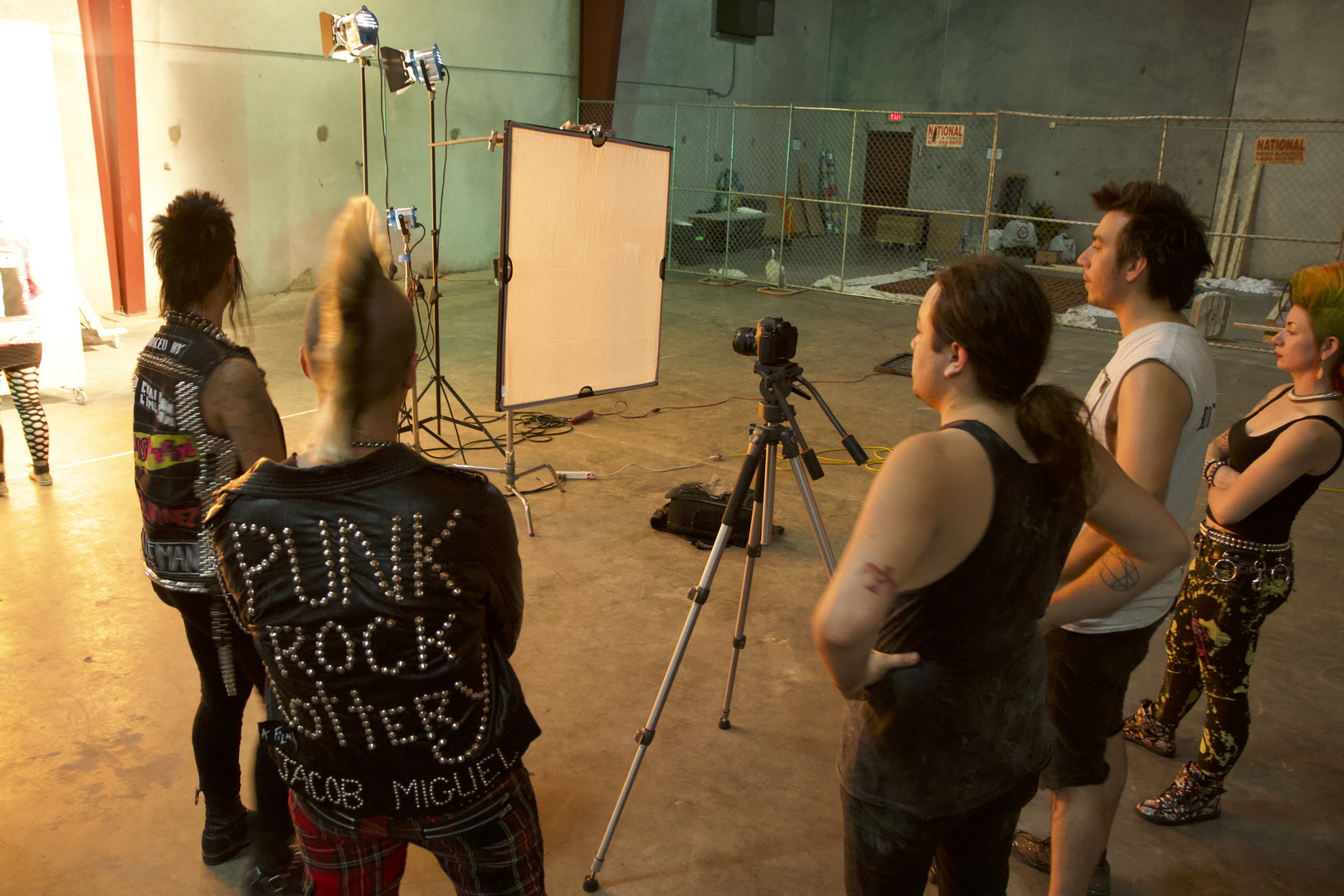
In your view, what can society to do to best support artists, creatives and a thriving creative ecosystem?
If we want a thriving creative ecosystem, we have to start by fundamentally shifting how we value art and the people who make it. Right now, society tends to celebrate creativity only after it’s been commercialized or attached to fame. But the truth is, the most vital, culture-shaping work often comes from artists operating on the margins—those who take risks, challenge norms, and create without compromise. They’re not doing it for likes or viral hits—they’re doing it because it’s necessary, because it’s who they are.
One of the biggest things society can do to support artists is to stop treating creativity like a hobby and start recognizing it as labor—real labor that deserves fair compensation and sustainable support. Streaming platforms, for example, have made content more accessible than ever, but they’ve also gutted the ability for musicians and filmmakers to earn a living. Exposure is not payment. We need new models that ensure creators actually benefit from the value their work generates.
We also need to foster environments where experimentation and failure are allowed. Too often, funding and opportunities are tied to commercial viability or celebrity status, which leaves little room for raw, unpolished, or unconventional voices. If we want truly diverse stories and innovative ideas, we have to support artists without asking them to water down their work for mass appeal.
Ultimately, supporting a creative ecosystem means investing in education, community spaces, and platforms that prioritize artistic integrity over profit. It means amplifying voices that haven’t been heard yet, not just recycling the same stories in different packaging. It’s about building a culture where artists don’t have to choose between making rent and making art.
Art has always been a mirror, a compass, and a call to action. If we want a society that’s emotionally intelligent, culturally rich, and resilient, then we need to treat artists not as luxuries—but as essentials.
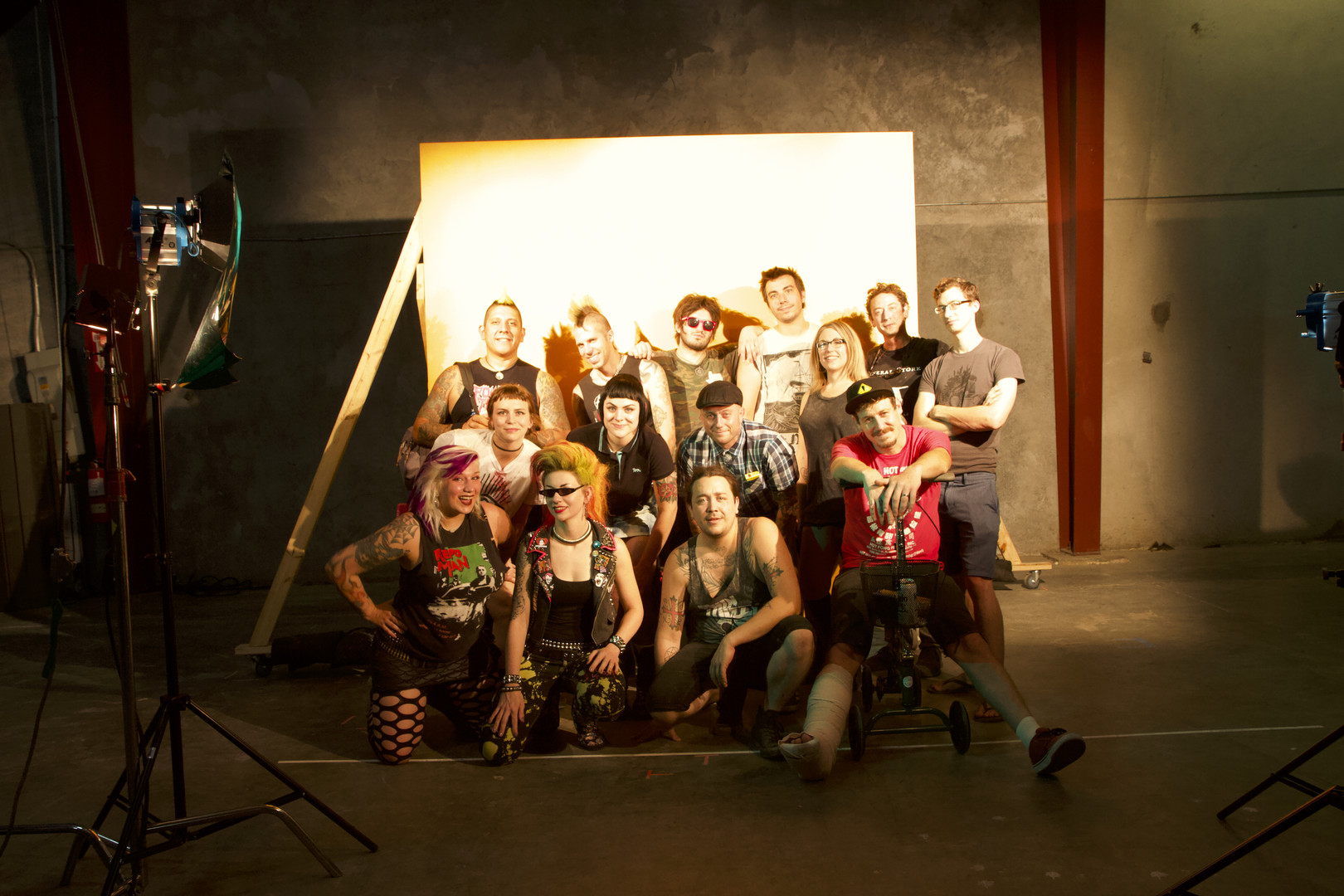
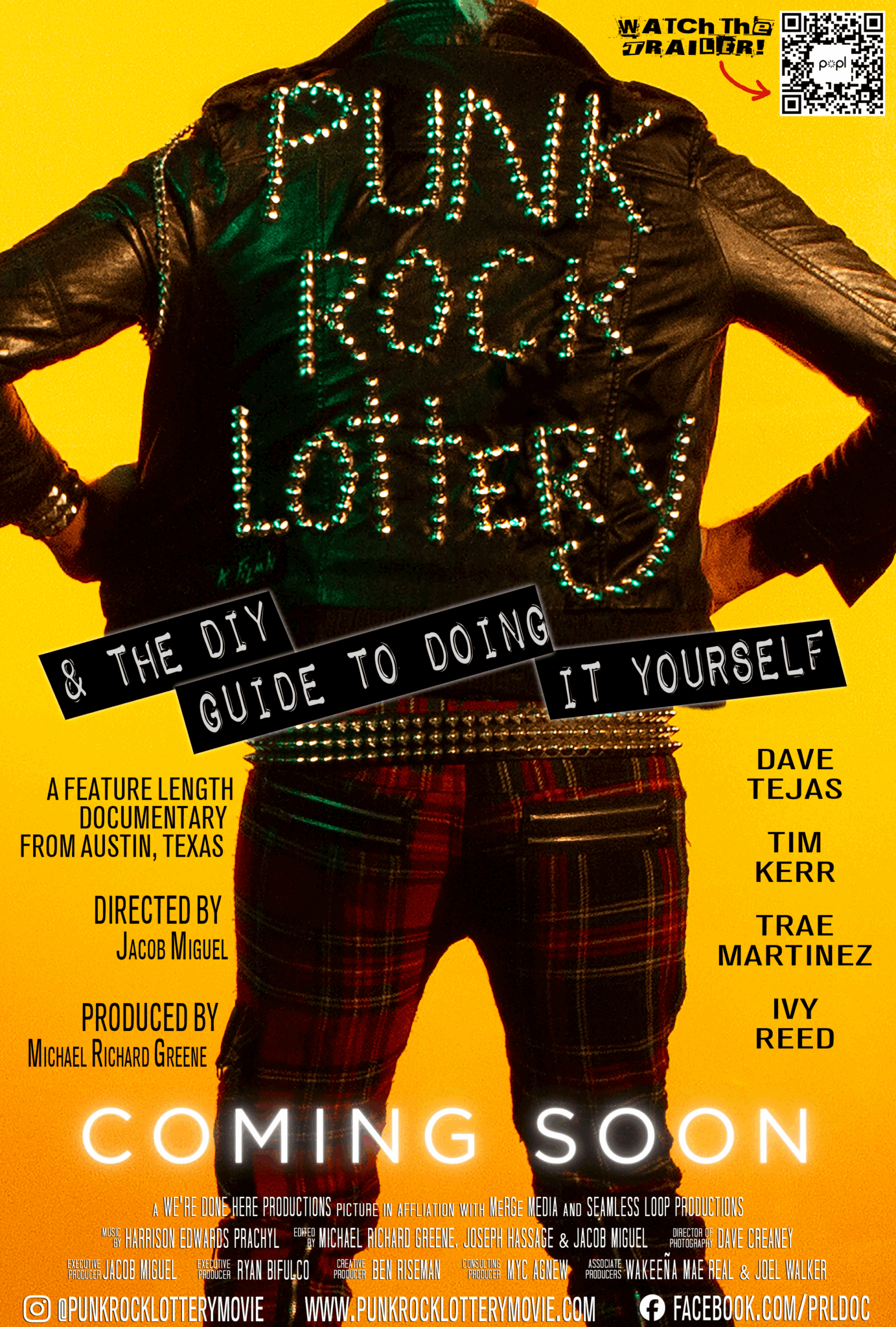
Is there something you think non-creatives will struggle to understand about your journey as a creative? Maybe you can provide some insight – you never know who might benefit from the enlightenment.
One thing I think many non-creatives struggle to understand—especially when it comes to filmmaking—is that documentary wasn’t always this neatly packaged, formula-driven thing. Today, there’s a kind of “house style” that’s expected by major platforms like Netflix: the clean, linear narratives, dramatic music cues, talking heads, and tidy moral takeaways. And while there’s nothing inherently wrong with that format—it often results in compelling stories—it’s just one way to tell a story. What gets lost is the understanding that documentary film actually has deep roots in experimental, avant-garde art.
The earliest documentary filmmakers weren’t just reporting—they were exploring. They saw moving pictures as a brand-new language, one that could express emotion, time, memory, and perspective in completely original ways. They used film to ask questions, not just deliver answers. Documentary was never meant to be boxed into a single, predictable structure. It was, at its core, about pushing boundaries and redefining what truth could look and feel like through a lens.
The modern, corporate approach to documentaries often leaves no room for that kind of experimentation. The pressure to sell, to stream well, to be marketable to a broad audience—all of that flattens the form. And when people only see those polished versions, they begin to believe that’s all documentary can be. But the reality is: we’ve barely scratched the surface of what’s possible with nonfiction storytelling.
So, for anyone outside the creative world, here’s a little insight: what looks like chaos or “strangeness” in an experimental film isn’t a lack of direction—it’s intentional. It’s a way of communicating that doesn’t fit neatly into a logline or a streaming category. And supporting that kind of work means being open to discomfort, ambiguity, and even confusion. Because that’s where some of the most honest and transformative storytelling lives.
Contact Info:
- Instagram: https://www.instagram.com/punkrocklotterymovie/
- Facebook: https://www.facebook.com/PRLdoc/
- Linkedin: https://www.linkedin.com/in/jacobmiguel/
- Twitter: https://x.com/PRLdoc
- Youtube: https://youtu.be/_t_XChwEP9o?si=WzKZopUth7_X56am
- Other: https://www.imdb.com/name/nm5020255/
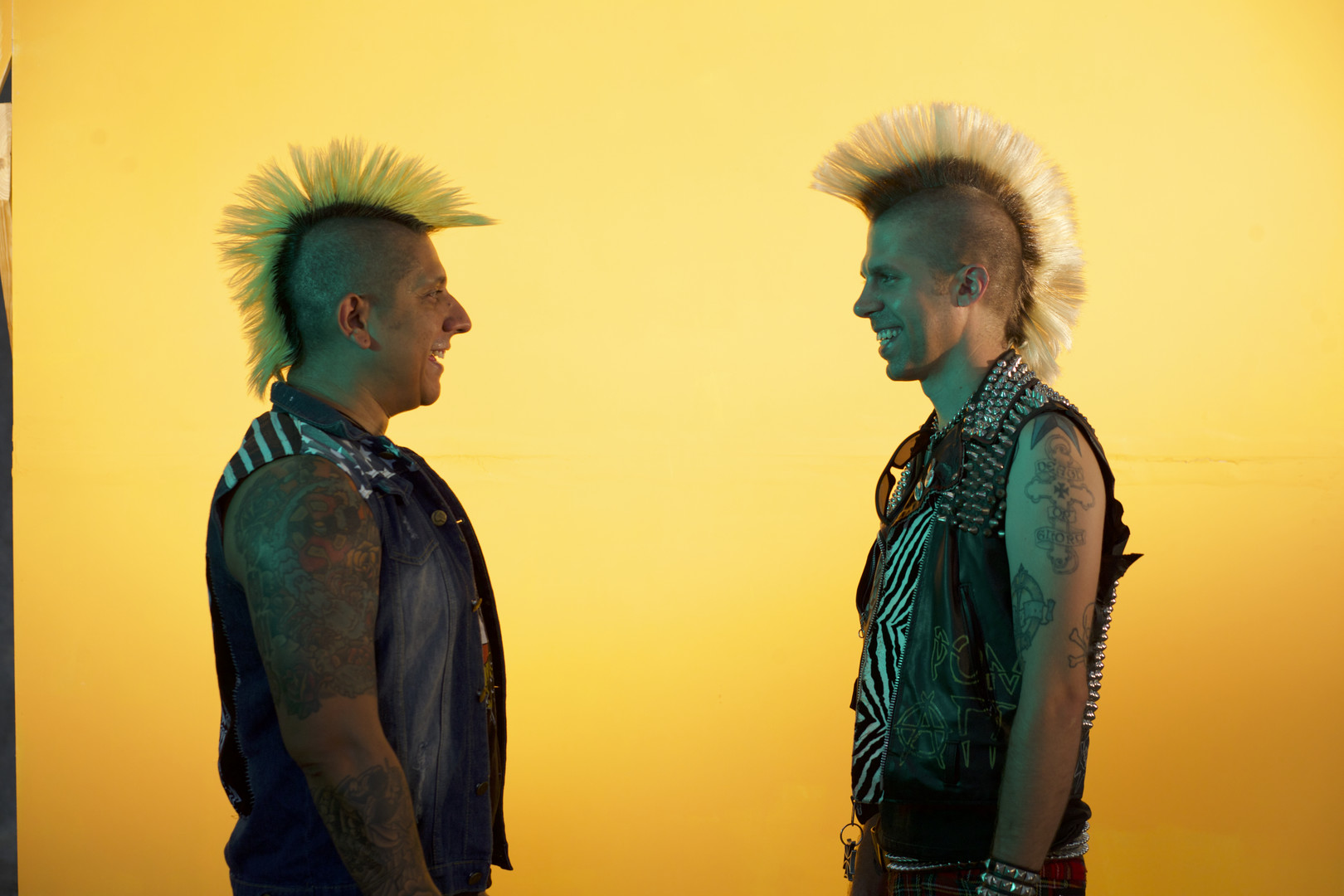
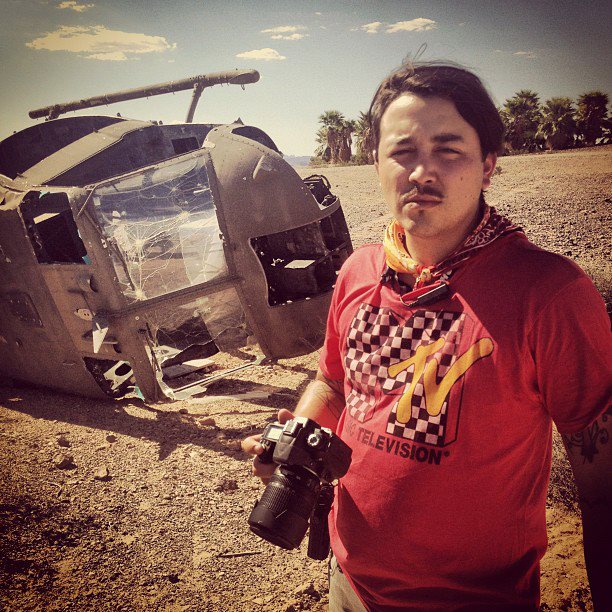
Image Credits
Wakeena Real, Dave Creaney, Ashleigh Brennan


